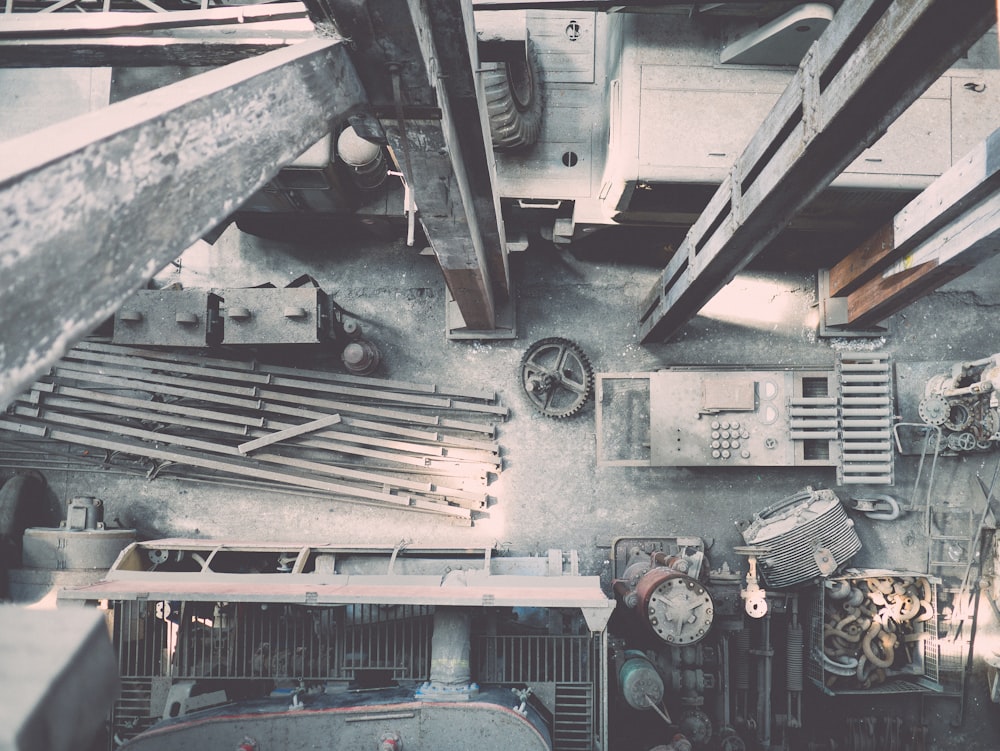
Future-Forward Factories Innovations Reshaping Industry
Future-Forward Factories: Innovations Reshaping Industry
Enter the era of the factory of the future, where cutting-edge technologies converge to redefine manufacturing landscapes and usher in a new age of efficiency and innovation.
Integration of Industry 4.0 Technologies
The factory of the future is characterized by the seamless integration of Industry 4.0 technologies. These include the Internet of Things (IoT), artificial intelligence (AI), robotics, and data analytics. This integration creates a dynamic and interconnected ecosystem, where machines communicate, analyze data, and make decisions in real-time.
Smart Manufacturing and Real-Time Insights
Smart manufacturing is a cornerstone of the factory of the future. Sensors and IoT devices embedded in machinery collect vast amounts of data. This data, when processed through advanced analytics, provides real-time insights into production processes. Manufacturers can monitor performance, identify inefficiencies, and make informed decisions on the fly.
Automation and Robotics Revolution
Automation and robotics take center stage in the factory of the future. Intelligent machines, guided by AI, handle routine tasks with precision. This not only increases efficiency but also allows human workers to focus on more complex and creative aspects of production. The result is a harmonious collaboration between human ingenuity and machine efficiency.
Digital Twins for Simulation and Optimization
Digital twin technology is a game-changer. It creates virtual replicas of physical assets and processes, allowing manufacturers to simulate and optimize operations. From testing new production methods to predicting equipment failures, digital twins provide a risk-free environment for innovation and efficiency.
Predictive Maintenance and Downtime Reduction
Predictive maintenance is a key feature of the factory of the future. By leveraging data from sensors and IoT devices, manufacturers can predict when equipment is likely to fail. This proactive approach minimizes downtime, reduces maintenance costs, and extends the lifespan of machinery, ensuring a continuous and reliable production flow.
Human-Centric Design and Upskilling Initiatives
The factory of the future prioritizes human-centric design. While machines handle repetitive tasks, human workers are at the forefront of creativity and problem-solving. Upskilling initiatives ensure that the workforce remains adaptable to the evolving technological landscape, fostering a work environment where humans and machines complement each other’s strengths.
Supply Chain Visibility and Flexibility
Supply chain management undergoes a transformation in the factory of the future. Enhanced visibility through IoT connectivity allows manufacturers to track inventory levels, monitor shipments, and respond dynamically to changes in demand. This level of flexibility ensures a streamlined and responsive supply chain.
Sustainability and Eco-Friendly Practices
Sustainability is not an afterthought in the factory of the future; it’s a core principle. Data-driven insights help identify opportunities for energy optimization, waste reduction, and overall environmental impact mitigation. This commitment to sustainability aligns with global efforts to create eco-friendly manufacturing practices.
Cybersecurity in the Hyperconnected Environment
With increased connectivity comes a heightened focus on cybersecurity. The factory of the future invests in robust cybersecurity measures to protect sensitive data and ensure the integrity of operations. Proactive cybersecurity strategies are integral to safeguarding the interconnected web of smart manufacturing systems.
Explore the Future of Manufacturing at



